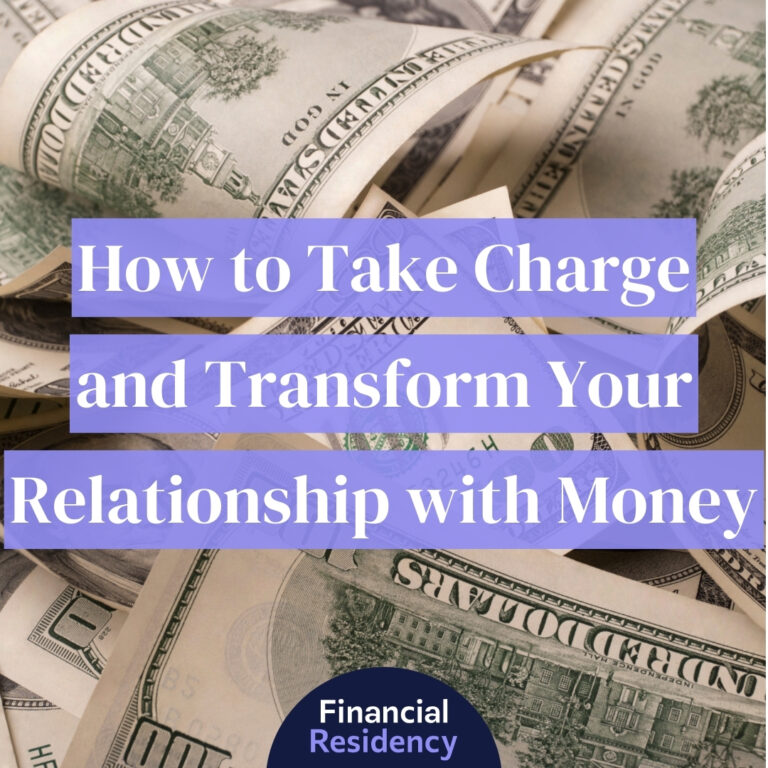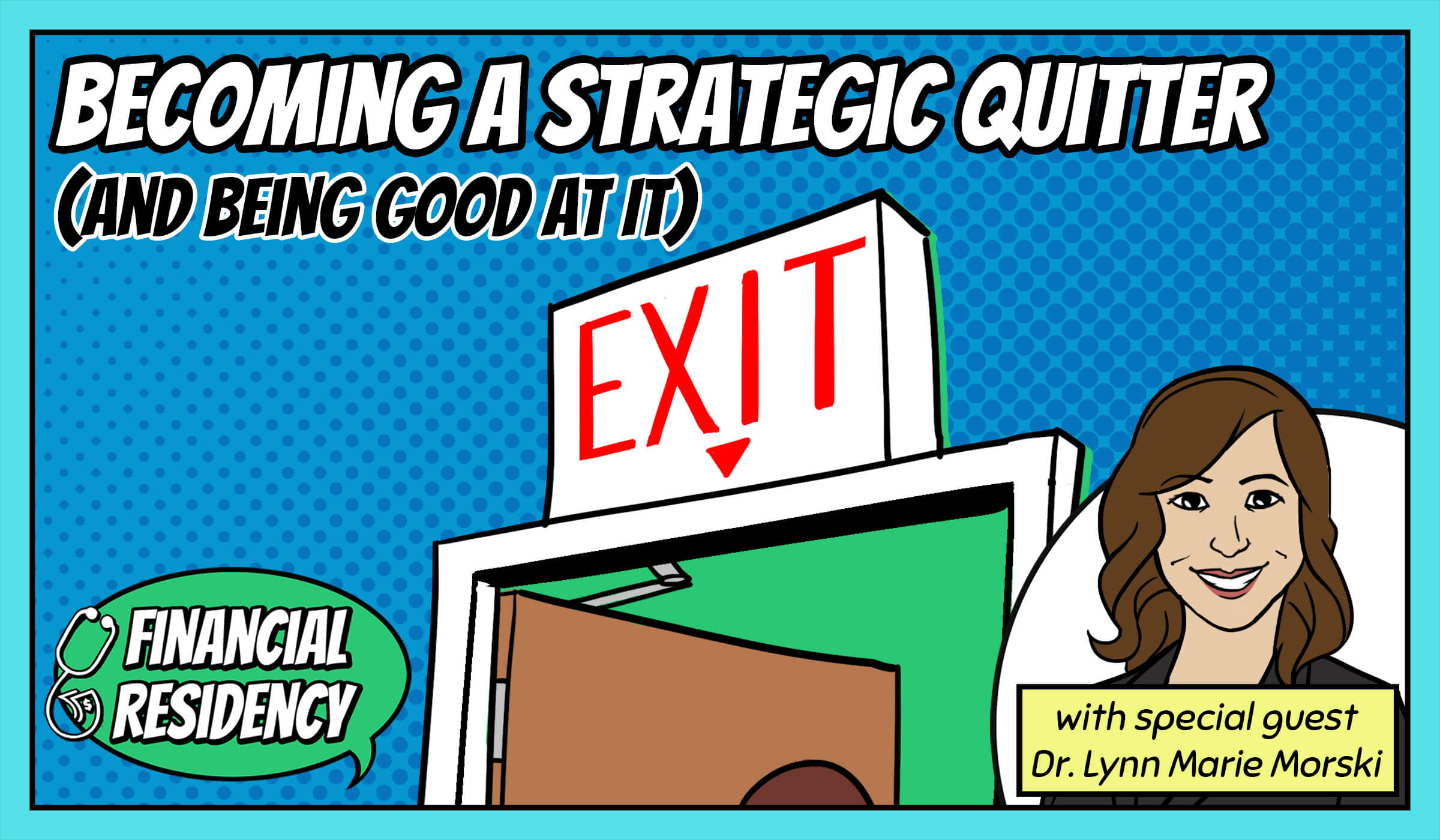Fear of money, or chrometophobia, is a condition that’s more common than you might think. It’s not the same as disliking money or resisting expensive purchases. It’s a major anxiety disorder that gets in the way of your quality of life.
Chrometophobia, alternatively chrematophobia, is a serious mental health condition that can impact your emotional wellness, your ability to meet your financial goals, and make enough money to provide for yourself.
It’s a genuine fear that can cause real stress and anxiety, but treatment options exist. In this blog post, we’ll dive deep into chrometophobia, why it occurs, and how to manage it.
What is Chrometophobia?
Chrometophobia, also known as fear of money, is an anxiety disorder characterized by an irrational and excessive fear or aversion towards handling or being near money.
It can start as an irrational fear of spending money due to a family history of poverty or limited resources, but it can follow people even after changing their income and status.
Individuals with chrometophobia may experience intense distress, panic attacks, or anxiety when faced with the sight or touch of money.
The symptoms of chrometophobia can vary from person to person but commonly include:
- Fear and avoidance: Individuals with chrometophobia may go to great lengths to avoid situations that involve money, such as refusing to handle cash, avoiding financial discussions, or even avoiding places where money is commonly used, like banks or stores.
- Physical symptoms: Anxiety associated with chrometophobia can manifest in physical symptoms such as rapid heartbeat, sweating, trembling, shortness of breath, dizziness, or nausea.
- Psychological distress: The fear of money can lead to significant psychological distress, causing individuals to feel overwhelmed, helpless, or out of control. This distress may interfere with daily functioning and impact relationships or work performance.
Causes of Chrometophobia
The exact causes of chrometophobia are not well understood.
However, several factors may contribute to the development of this fear:
- Traumatic experiences: Chrometophobia can be triggered by past traumatic experiences involving money, such as being robbed, witnessing a financial crisis, or experiencing a significant loss.
- Learned behavior: Individuals may develop chrometophobia through observational learning, where they observe others displaying fear or anxiety towards money and subsequently adopt similar behaviors.
- Cultural and societal influences: Cultural or societal factors, such as negative beliefs or superstitions surrounding money, can contribute to the development of chrometophobia. For example, some cultures associate money with greed or corruption, leading to fear or aversion.
- Underlying anxiety disorder: Chrometophobia may also occur as a symptom or manifestation of an underlying anxiety disorder, such as generalized anxiety disorder or obsessive-compulsive disorder (OCD).
In summary, chrometophobia is an anxiety disorder characterized by an irrational fear or aversion towards money.
Individuals with this phobia may experience fear and avoidance of money-related situations, physical symptoms of anxiety, and psychological distress.
The Impact of Chrometophobia
Chrometophobia is an irrational fear that can significantly impact your daily life. It can bleed into everyday activities, even those that don’t overtly concern finances.
This fear can manifest in various ways, leading to emotional and physical symptoms that can be quite distressing.
Chrometophobia can profoundly affect your spending habits, and your ability to handle money wisely, and it can hamper your financial decisions. The fear of money can lead to avoidance behaviors, such as refusing job promotions or opportunities for advancement due to financial anxiety.
This fear can also result in difficulties in managing personal finances, leading to financial instability and stress. The fear of handling money can even extend to simple tasks like paying bills, making purchases, or even accepting money as a gift.
Individuals with chrometophobia may also experience a range of emotional and physical symptoms.
They may also experience feelings of shame, guilt, or embarrassment about their fear, which can further impact their self-esteem and social interactions.
Physical symptoms can be triggered by the mere thought of money or when directly faced with financial situations. The fear can become so overwhelming that it interferes with daily activities and overall well-being.
Symptoms of Chrometophobia
Here are some of the most common symptoms of chrometophobia:
- Intense Anxiety: Individuals with chrometophobia experience overwhelming financial anxiety when making decisions or handling money. This anxiety can range from mild unease to full-blown panic attacks.
- Avoidance Behavior: Those suffering from chrometophobia may go to great lengths to avoid situations they have to handle money or make decisions. This avoidance behavior can significantly impact their daily lives and restrict their activities.
- Physical Reactions: Exposure triggers can bring on various physical symptoms in individuals with chrometophobia. These may include rapid heartbeat, shortness of breath, sweating, trembling, and nausea. These physical reactions are a direct result of the anxiety experienced.
- Cognitive Distortions: Chrometophobia can cause individuals to have distorted thoughts and beliefs about their financial habits. They may avoid looking at their bank account and develop maladaptive budgeting These cognitive distortions further contribute to their fear and anxiety.
- Hypervigilance: People with chrometophobia are constantly on high alert. This hypervigilance can be mentally exhausting and make it difficult for them to relax or focus on other tasks.
- Social Impairment: Chrometophobia can significantly impact a person’s life. They may withdraw from social gatherings or avoid situations where they might be exposed to their triggers. This stigma can lead to isolation, low self-esteem, and difficulty maintaining relationships.
- Sleep Disturbances: The fear and anxiety associated with their phobia can make it challenging to fall asleep or stay asleep throughout the night, resulting in chronic sleep deprivation.
- Impact on Daily Functioning: Chrometophobia can interfere with an individual’s ability to carry out their day-to-day responsibilities and
- Emotional Distress: Living with chrometophobia can cause significant emotional distress. Individuals may feel helpless, frustrated, and trapped by their fear, as it often seems irrational to others. This emotional distress can further exacerbate their symptoms and impact their overall well-being.
- Co-occurring Conditions: Chrometophobia often coexists with other anxiety disorders, such as generalized anxiety disorder (GAD) or specific phobias. It is not uncommon for individuals to have multiple fears or anxieties that impact their daily lives.
Triggers for Chrometophobia
Remembering that chrometophobia is a legitimate phobia can reduce its power over you. If you or someone you know is experiencing these symptoms seek professional help from a mental health provider specializing in anxiety disorders.
A qualified and licensed therapist can accurately assess your anxiety, determine its impact on your life, and collaborate with you to devise a sustainable treatment plan.
Various factors can trigger chrometophobia, and the triggers may vary from person to person.
Some common triggers include:
- Traumatic experiences: Past negative experiences related to money, such as financial loss, bankruptcy, or witnessing the negative impact of money on others, can contribute to chrometophobia.
- Media portrayal: Excessive exposure to negative stories or media portrayals of financial hardships may amplify fears and contribute to developing this phobia.
- Family upbringing: Growing up in an environment where money was a cause of stress or conflict can shape an individual’s perception of money and contribute to fear.
- Inherited tendencies: Some individuals may be genetically predisposed to developing anxiety disorders, including chrometophobia.
Understanding these triggers can help individuals with chrometophobia and their loved ones provide appropriate support and seek professional help.
How Common is Chrometophobia?
Chrometophobia is an uncommon but impactful phobia affecting individuals from all walks of life. Family history can play a big part, as can the constant influx of expensive items touted on social media.
While specific statistics on the prevalence of chrometophobia are scarce, it is generally considered a relatively rare phobia. However, it is formally recognized by psychiatry and appears in the Statistical Manual of Mental Disorders.
However, it is important to note that the exact number of individuals affected by chrometophobia may be higher than reported, as many people may choose not to seek professional help or disclose their fears.
Coping Strategies for Chrometophobia
Here are some ways you can begin to overcome your fear of money:
Self-Help Techniques
If you’re struggling with chrometophobia, there are several self-help techniques that you can try to cope with your fear of spending money.
These techniques can help you gradually overcome anxiety and regain control over your finances.
- Educate yourself: Learn more about chrometophobia and understand your fear’s underlying causes and triggers. By gaining knowledge and insight into your condition, you can challenge any irrational beliefs or thoughts contributing to your anxiety.
- Challenge your thoughts: Identify negative or distorted thoughts about money and spending. Ask yourself if these thoughts are logical and based on evidence or simply a result of your phobia. Practice replacing negative thoughts with positive and realistic ones.
- Gradual exposure: Gradually expose yourself to situations that trigger your fear of spending money. Start with small steps, such as handling cash or making small purchases. As you become more comfortable, gradually increase the difficulty level of the exposure.
- Relaxation techniques: Practice relaxation techniques such as deep breathing, meditation, or progressive muscle relaxation to help reduce anxiety and promote a sense of calmness. These techniques can be particularly helpful when facing a challenging situation involving money.
Seeking Professional Help
If self-help techniques aren’t providing sufficient relief, it may be beneficial to seek professional help.
A mental health professional, such as a therapist or counselor, can provide guidance and support tailored to your needs.
They can help you develop personalized coping strategies and work through any underlying issues contributing to your chrometophobia.
- Cognitive-behavioral therapy (CBT): CBT is a commonly used therapeutic approach for treating phobias. You can work through CBT with a therapist to identify and challenge negative thought patterns and behaviors associated with your fear of spending money. This type of therapy can help you develop healthier coping mechanisms and gradually overcome your phobia.
- Exposure therapy: Exposure therapy involves gradually exposing yourself to situations that trigger your fear while under the guidance of a therapist. This allows you to confront and manage your anxiety in a controlled and supportive environment. Over time, exposure therapy can help desensitize you to your fear and reduce its impact on your daily life.
Support Groups and Communities
Connecting with others who share your experience can be incredibly beneficial when coping with chrometophobia.
Support groups and communities provide a safe space for individuals to share their struggles, exchange coping strategies, and offer each other emotional support.
- Online forums and communities: Joining online forums or communities dedicated to phobias or anxiety disorders can connect you with people who understand what you’re going through. These platforms allow you to share your thoughts and concerns, learn from others, and find comfort in knowing you’re not alone.
- Local support groups: Consider seeking local support groups focusing on anxiety disorders or phobias. Participating in group discussions and activities can provide a sense of community and allow you to learn from others who have successfully managed their chrometophobia.
Remember, coping with chrometophobia is a process that takes time and patience.
You can gradually overcome your fear and regain control over your financial well-being by implementing self-help techniques, seeking professional help, and connecting with support groups.
Final Thoughts
In conclusion, chrometophobia is a specific phobia that involves an intense and irrational fear of money. When confronted with money or financial situations, people with this phobia may experience anxiety, panic attacks, and avoidance behaviors.
If you find yourself shutting down on a regular basis when confronted with financial stress, consider discussing your options with your family members or a licensed therapist.
While chrometophobia may seem unusual to some, it is a legitimate condition that can cause significant distress and interfere with daily life.
You’ll need to seek professional help from a qualified mental health practitioner to address chrometophobia. Cognitive-behavioral therapy (CBT) and exposure therapy are commonly used to treat specific phobias.
These therapies can help individuals identify and challenge their irrational thoughts and gradually confront their fears in a controlled and supportive environment.
Furthermore, adopting relaxation techniques and stress management strategies can also be beneficial in managing chrometophobia. Practicing mindfulness, deep breathing exercises, and engaging in activities that promote relaxation can help you eliminate the difficulty you experience with money.




